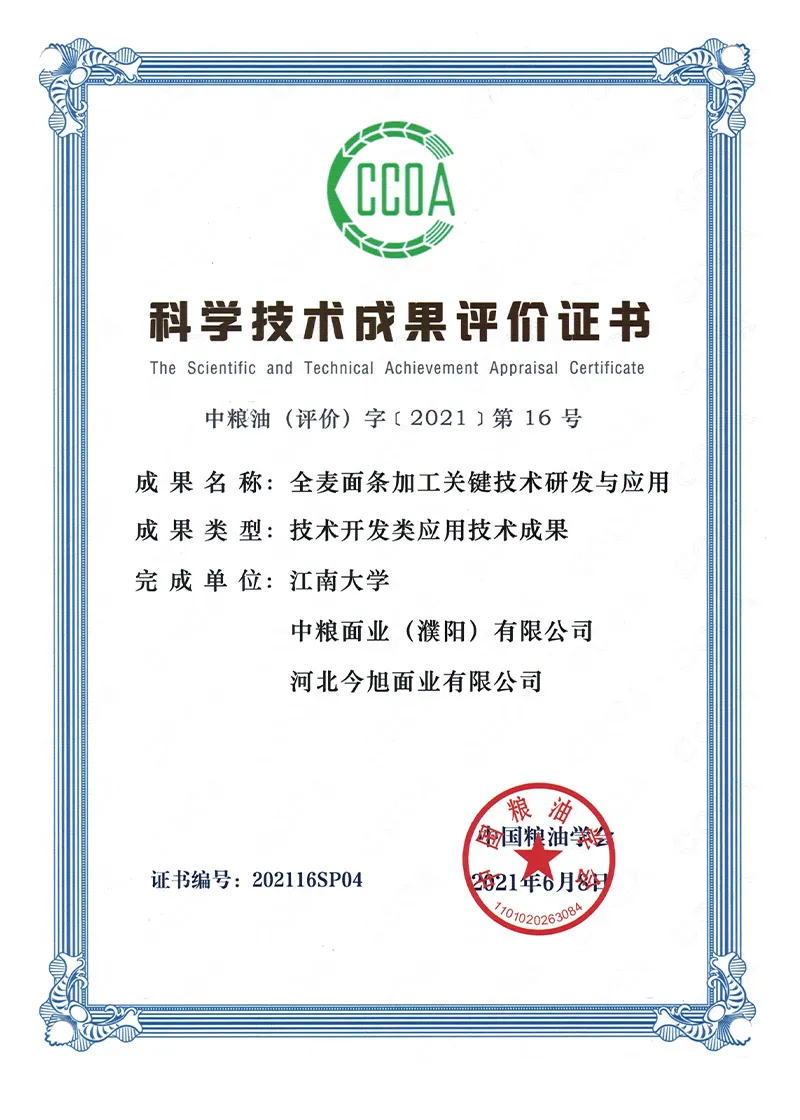is ramen noodles bad for diabetics
Are Ramen Noodles Bad for Diabetics?
Ramen noodles are a popular convenience food, beloved by students and busy individuals alike for their quick preparation and affordability. However, for those living with diabetes, it is essential to understand the nutritional profile of ramen noodles and how they can impact blood sugar levels.
Understanding Diabetes and Dietary Needs
Diabetes is a chronic condition characterized by elevated blood sugar levels, often due to insufficient insulin production or the body's inability to effectively utilize insulin. Managing blood sugar levels is critical for those with diabetes, and diet plays a pivotal role in this management. Foods that can cause rapid spikes in blood sugar—typically those high in refined carbohydrates—should be approached with caution.
What’s in Ramen Noodles?
Traditional ramen noodles are made from wheat flour, water, salt, and an alkaline mineral water known as kansui. This mixture results in a product that is rich in carbohydrates. A typical serving of instant ramen noodles contains about 40-60 grams of carbohydrates, with minimal fiber content. The low fiber presence is significant because fiber helps slow the absorption of sugar into the bloodstream, assisting in blood sugar regulation.
Moreover, many instant ramen noodles are enriched with preservatives and additives that can affect their overall nutritional quality. The high sodium content in these noodles is another concern. Excessive sodium intake can lead to hypertension, another complication that can arise from unmanaged diabetes.
Blood Sugar Response to Ramen Noodles
The glycemic index (GI) is a measurement that ranks carbohydrate-containing foods by how much they raise blood glucose levels. Foods with a high GI are digested and absorbed quickly, resulting in rapid increases in blood sugar. Ramen noodles fall into this category—a quick source of carbohydrates that can cause a spike in blood glucose levels. Therefore, consuming ramen noodles can potentially lead to hyperglycemia (high blood sugar) in diabetics, especially if eaten in large portions or without accompanying fiber-rich foods.
is ramen noodles bad for diabetics

Making Ramen Work for Diabetics
While traditional ramen noodles may not be the best choice for someone managing diabetes, there are strategies to include ramen dishes in a diabetes-friendly way
1. Portion Control Limiting the amount of noodles consumed can help manage carbohydrate intake. Consider using only half the package and supplementing with grilled chicken, vegetables, or tofu to create a more balanced meal.
2. Add Fiber and Protein Incorporating high-fiber vegetables like broccoli, spinach, or bell peppers into ramen can lower its overall glycemic impact. Additionally, adding a source of protein such as eggs, beans, or lean meats can help stabilize blood sugar levels.
3. Choose Whole Grain Noodles Some brands offer whole grain or buckwheat ramen noodles. These options typically contain more fiber than standard noodles, potentially leading to a more gradual rise in blood sugar.
4. Limit Sauce and Seasoning Packets Instant ramen typically includes a high-sodium seasoning packet. Reducing or omitting this can further lower sodium intake and help maintain better blood pressure management.
5. Regular Monitoring For those with diabetes, it is crucial to monitor blood sugar levels regularly. This practice helps understand how specific foods affect individual blood glucose responses.
Conclusion
In moderation and with thoughtful preparation, it is possible for those with diabetes to enjoy ramen noodles as part of a balanced diet. However, being mindful of portion sizes and nutrient additions is crucial to minimize potential negative impacts on blood sugar levels. Consulting with a healthcare provider or nutritionist can provide personalized dietary recommendations and ensure effective diabetes management. Ultimately, making informed choices about food is key to maintaining overall health and well-being while managing diabetes.
-
Is Whole Wheat Pasta Healthy?NewsMay.30,2025
-
Are Soba Noodles Good for Weight Loss?NewsMay.30,2025
-
Are Buckwheat Soba Noodles Healthy?NewsMay.30,2025
-
Are Buckwheat Soba Noodles Gluten Free?NewsMay.30,2025
-
Are Buckwheat Noodles Good for You?NewsMay.30,2025
-
A Healthy Way to Savor Soba and Spicy FlavorsNewsMay.30,2025
-
What Are Lanzhou Noodles?NewsMay.30,2025
Browse qua the following product new the we

















































































































